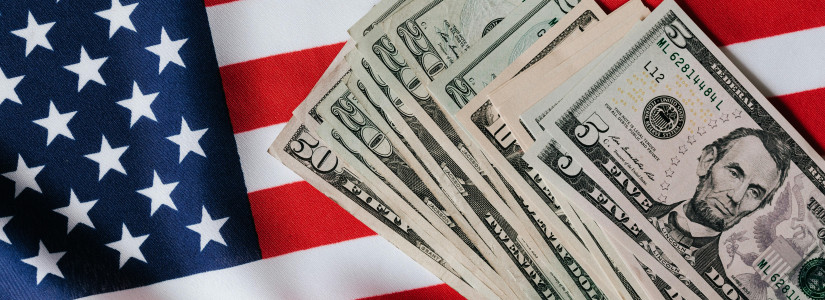How To Overcome Inflation and Get Financial Relief
Inflation is a natural occurrence in economies everywhere, but for many people, it can present major obstacles to pursuing their dreams and living fulfilling lives. Economic instability makes it harder to save money and secure a financial future, but with a few creative solutions, it's possible to get relief from inflation and take proactive steps to ensure your financial well-being. This article will discuss some of the most effective ways to fight inflation to protect yourself during economic turbulence.
Understand the Nature of Inflation
Before starting to fight inflation, it's important to understand the nature of the problem. Inflation is a natural consequence of an active economy. It occurs when the demand for a good or service outpaces the supply. When this happens, prices increase, and it's difficult to save money because purchasing power is diminished. Inflation can also result from imbalances in the money supply—when too much money is in circulation, its worth decreases, resulting in inflation.
Short-Term Solutions
Although the economy largely determines the long-term inflation rate, there are short-term tactics you can take to fight inflation and protect yourself from financial instability. Making a budget, paying off high-interest debt, and sticking to essential items are all effective strategies for getting relief from inflation.
Make a Budget
Making a budget is essential for fighting inflation since it helps you understand exactly where your money is going and how much you can safely allocate towards saving or investing. Start by tracking your expenses for at least a month, including both fixed costs, like rent, and variable costs, like entertainment and restaurant meals. Once you have an understanding of your finances, you should be able to recognize spending habits that are either helpful or hindering your budget. Your budget should also consider expected and surprising expenses to prevent unexpected financial shocks.
There are plenty of budgeting apps and programs to choose from, so it's not hard to find the right solution for you. Working with a financial advisor or accountant may be beneficial for getting your finances in order and creating an effective budget plan.
Pay off Debt
Paying off high-interest debt is a quick way to reduce your expenses and save money. Credit card debt, in particular, can be the most damaging since it often comes with high-interest rates that can quickly erode your purchasing power. Don't be too hard on yourself if you're struggling with debt. Even mistakes can be part of your financial plan if you learn from them and make amends.
Start by organizing your debt and discovering the details of the loans you owe. Once you have a clear picture of what you owe, you can start to pay off the accounts with the highest interest rates first. Then, work your way down the list, and pay at least the minimum on the rest. It may even be worthwhile to negotiate with creditors for lower interest rates if you're able.
Stick to Necessities
When inflation causes prices to rise, it's important to ensure you're not overspending on hard-to-afford luxury items. It's easier than ever to impulse buy, but you can prevent yourself from falling into this trap by keeping a keen eye on your budget and focusing on the essentials.
Identify the items you need, and then stick to buying those only. Don't be tempted by too-good-to-be-true deals, as they often lead to overspending or regret. It can also be useful to unsubscribe from emails and newsletters that might encourage you to make purchases you can't afford.
Save Automatically
If you're looking for a way to prevent yourself from spending money you should be saving, consider setting up automatic transfers to a savings fund. This way, you won't have to actively remove money from your checking account and transfer it into your savings account yourself; it will be done for you. Plus, you can usually get a higher interest rate for a savings account than you could with a regular checking account. This can be a great way to ensure your money is safe and protected from inflation.
Bottom Line
Inflation is a fact of life in any economy and often has serious consequences for individuals. But there are ways to fight back and minimize the effects of inflation on your finances. Start by budgeting and paying off your debts, then explore investment strategies and build up your emergency fund. Ultimately, fight inflation by being mindful of your financial situation and staying informed about the current inflation rates.
Related Articles
Stay ahead of the curve
Equip yourself with the knowledge to tackle inflation head-on, and access exclusive resources designed to help you thrive despite economic challenges.
Get Started











